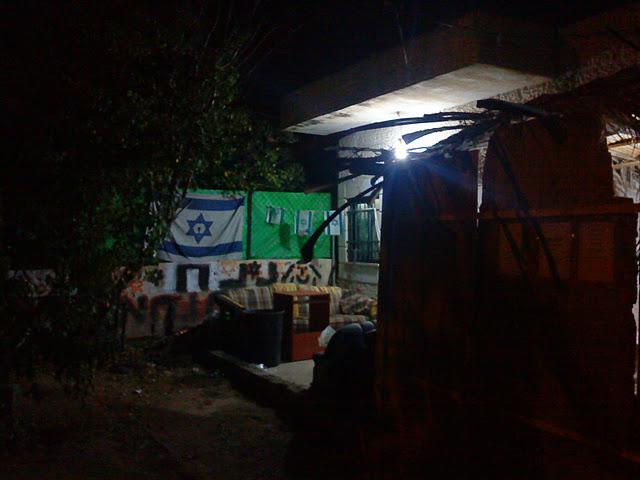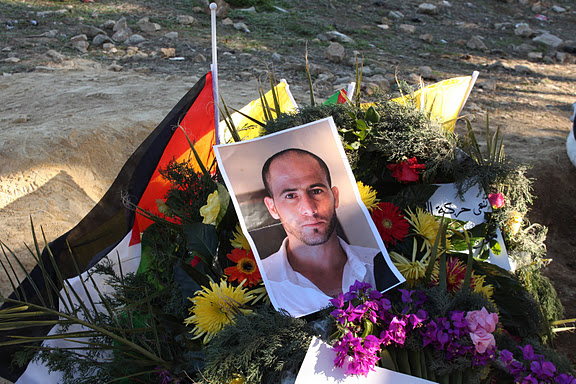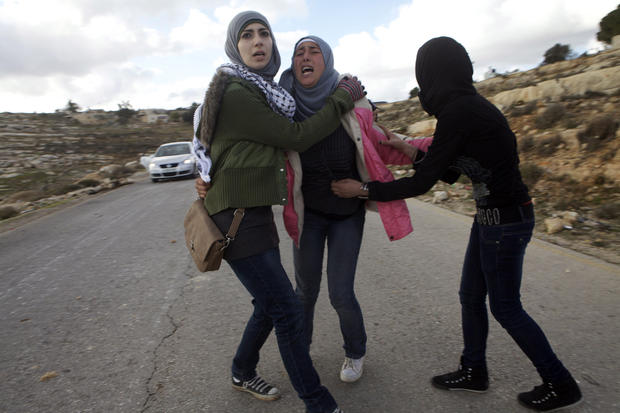-
Sheikh Jarrah: Al Kurd family faces 30 day deadline
by Samar and Meriem 11 December 2011 | International Solidarity Movement, West Bank ISM has been following the situation of the Al Kurd family from Sheikh Jarrah since 2009 and has kept a presence in the garden of their home. The Al Kurd family is of five other families targeted by these evications. The Fawziya Al […]
-
Mourning Mustafa Tamimi as Israeli soldiers escalate violence
by Alistair George 11 December 2011 | International Solidarity Movement, West Bank Over two thousand people attended the funeral of Mustafa Tamimi in Nabi Saleh today. Tamimi was killed during a protest in Nabi Saleh on Friday after he was struck in the face by a tear gas canister fired at close range by the […]
-
No miracle yesterday in Nabi Saleh: Mustafa Tamimi murdered
by Linah Alsaafin 10 December 2011 | The Electronic Intifada “Ambulance! Ambulance!” So far, there were three people who had suffocated from the tear gas, and three people injured by rubber bullets. I saw gas, and so assumed that it was another case of suffocation. But the cries got louder, urgent, desperate — quite unlike […]
Action Alert An Nabi Saleh Apartheid Wall Arrests BDS Bethlehem Bil'in Cast Lead Demonstration Denial of Entry Ethnic Cleansing Farmers Gaza Global Actions Hebron House Demolition International law Israeli Army Jerusalem Live Ammunition Nablus Ni'lin Prisoner Ramallah Rubber-coated steel bullets Settlement Settlers Settler violence Tear-Gas Canister Video



